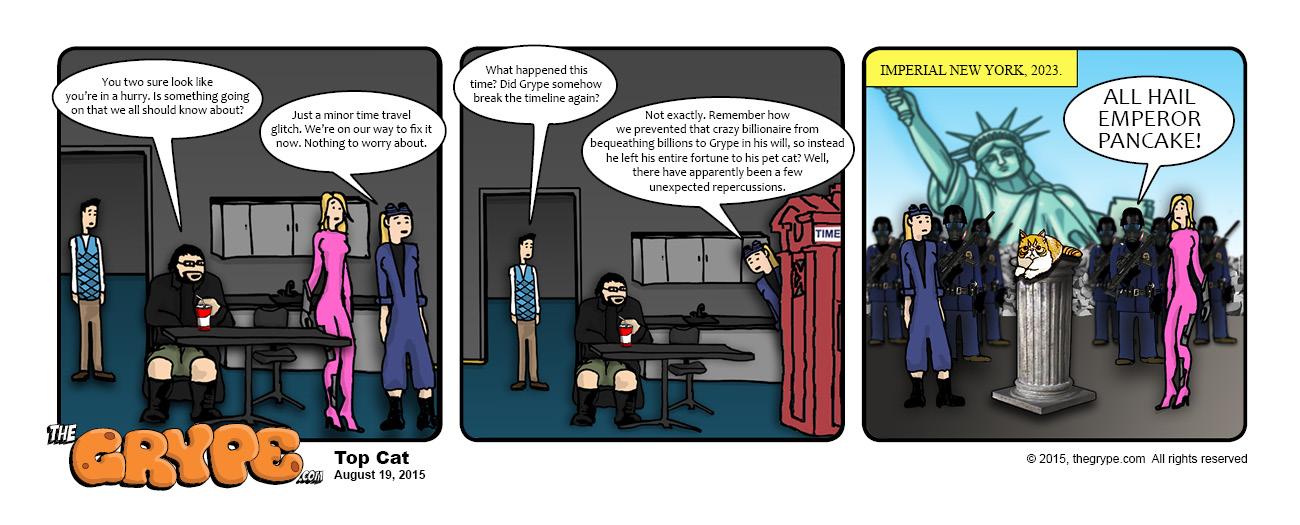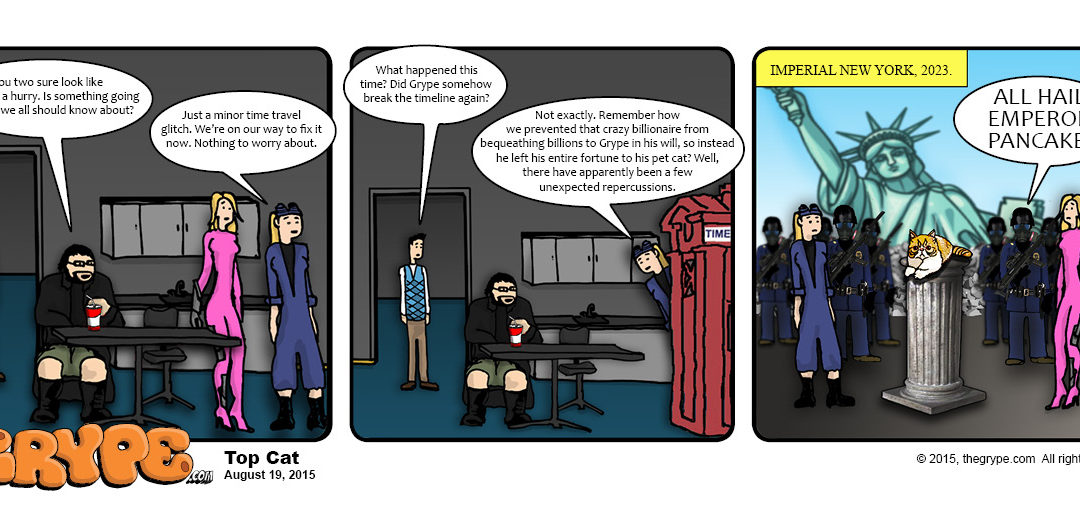 The recent Confederate Flag debate rages unabated across the hallowed halls of the interwebs, though confined now mostly to entertainment center/ideological battlegrounds like 4chan and Reddit. As usual, most rational discourse is being roundly ignored in favor of shrieking accusations and insipid flamewars (which, as everyone knows, attract far more grist for the internet advertising mill in the form of “impressions” and “clickthroughs” than calmer, less hearty fare).
The recent Confederate Flag debate rages unabated across the hallowed halls of the interwebs, though confined now mostly to entertainment center/ideological battlegrounds like 4chan and Reddit. As usual, most rational discourse is being roundly ignored in favor of shrieking accusations and insipid flamewars (which, as everyone knows, attract far more grist for the internet advertising mill in the form of “impressions” and “clickthroughs” than calmer, less hearty fare).
Of course, probably the best way to handle such a subjective topic would be to understand that use of specific language (a word or phrase) or depiction of a specific symbol (a flag or photo or whatever) is technically only unpardonably offensive if the intent of the user is to deliberately offend. Context is everything.
Too bad the human brain doesn’t process it like that.
Some contend that a symbol or word should be judged only according to its original usage and meaning. Others argue that a symbol or word must be judged according to its most recent usage and meaning.
I personally think it’s obvious that the popular cultural interpretation of any historical item can be altered through later EVENTS involving that historical item, and that those events— now part of the item’s history— will naturally affect how later people see it, and whether or not they wish to be subjected to it and in what context. It’s a matter of reputation, in response to events.
Later events can color how we look at certain things, and will affect what their cultural connotations happen to be. Like, say, one’s potential enjoyment of reruns of the Cosby show, for instance. Or the meaning of the Beatles song “Helter Skelter.” Or the film performances of Joan Crawford. Or now-censored reruns of the South Park episode “Super Best Friends.”
But I also think there are CERTAIN things that are indicative of how our cultural sensitivity has changed, and therefore the artists who created them can be fairly judged by posterity only according to the social mores of their historical period— but I still don’t deny the right of a modern audience to not want to be subjected to it later, since social attitudes have changed.
For instance: had the original writer of the now-controversial song “Baby It’s Cold Outside” later been convicted of rape, then, sure, that justifiably changes the interpretation of the song. But if the song when written HAD NO connotation of rape (which connotation was later attached to it due to future cultural sensitivity) then it does the material a disservice by forcing it to magically measure up to rules or standards that weren’t in place when it was created.
In this case, no matter its role in the Civil War, the Confederate battle flag WAS later adopted by the KKK and other racist groups in the years following the end of the Civil War. So, that became PART of its “heritage.” Later history— NOT just “later opinion based on later cultural mores”— changed its cultural connotation, adding to (and altering) it.
But like the “Redskins” controversy, as our culture changes, much gets redefined. The validity and propriety of past historical cultural symbols being one of those things. As the issue continues, and its detractors zero further in on it, the conflict draws nearer and dearer to the hearts of those who don’t find it offensive because it represents something other than racism to them.
The particular flag that sparked the current debate flew over a monument to South Carolina’s Confederate dead. So, obviously, that one is going to seriously push the buttons of people who revere that flag as an “anti-tyranny” symbol.
Like the Guy Fawkes masks from V For Vendetta: Guy Fawkes was a religious zealot who tried to blow up Parliament and stage a Catholic take-over of the British government. That was SERIOUS treason at the time. Multiple generations celebrated his failure (and death by torture) for hundreds of years after the fact. But one version of his image, the Guy Fawkes mask, is now widely recognized as a symbol for “resistance to a tyrannical government.” It’s strange how the passage of time, and distance from the events of history, can alter one’s perception of the meaning of things.
Of course, in the case of the Confederate battle flag, it retains its potency as a giant middle finger to established authority. Which, again, is why most people who choose to champion it actually do so. The word “rebel” has a certain romantic cachet in our culture. But— again— it’s for our greater culture, over the passage of time, to decide what it will support, and what it will not stand for. If the people of this country choose en mass to divest ourselves of that symbol as a pointed gesture of anti-racist reconciliation in a time of stress and racial strife— I suppose that’s cool, too.
Our emotional response to things is always subject to violent change in the face of later events. For instance: I predict any fondness we might feel towards the Subway sandwich diet and its progenitor is going to suffer a serious about-face over the next few days, as news services disseminate the details of his recent antics.
Then again, such judgments— even when castigated for being “politically correct”— are an evolutionary survival mechanism. It’s how we learn.
“When we teach people that suspending moral judgments is a virtue, the necessary outcome is moral horror.”
― Peter Boghossian

